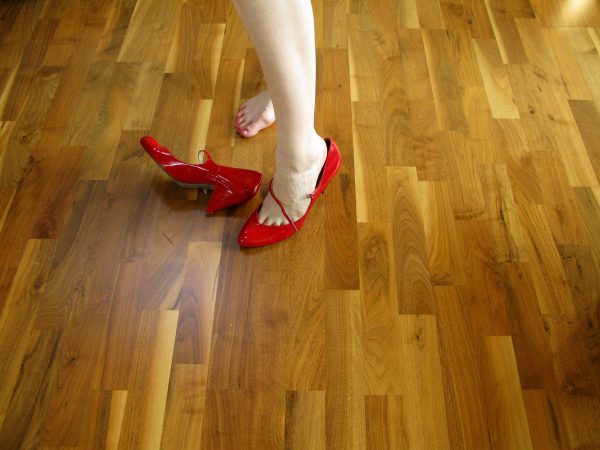
From sexual harassment to salary gaps, stories about gender inequality at work are all over the news. How does this happen? Social science research finds that people often place into different jobs by gender, race, and class, and this sorting has consequences for inequality in earnings and career prestige. Just like a middle school dance where students congregate on opposite sides of the floor because of both self-sorting and social norms, gendered occupational segregation comes from a combination of choice and implicit discrimination based on workplace “fit.” Women often choose less prestigious occupations based on how they perceive their personalities and competence, and employers and colleagues tend to favor people like themselves when hiring, promoting, and collaborating.
When people choose their jobs, they often think about careers to match their personalities. Gender socialization and stereotypes about competence, personality traits, and innate abilities influence how women and men consider which jobs are right for them. Many women learn to perceive themselves as emotional, systematic, or people-oriented. They also tend to think they possess the right traits to work in female-dominated jobs like teaching and nursing. Women are more likely to think they will perform poorly at careers in science, technology, math, and engineering (STEM) because they have learned to think they are not “naturally” as good at these subjects as men are.
- Erin Cech. 2013. “The Self-Expressive Edge of Occupational Sex Segregation.” American Journal of Sociology 119(3): 747-789.
- Maria Charles and Karen Bradley. 2009. “Indulging our Gendered Selves? Sex Segregation by Field of Study in 44 Countries.” American Journal of Sociology 114(4): 924-976.
- Shelley J. Correll. 2004. “Constraints into Preferences: Gender, Status and Emerging Career Aspirations.” American Sociological Review 69: 93-113
Outright gender-based discrimination in hiring and workplace practice is illegal, but it still occurs through implicit biases to the detriment of women. Employers often look for people who will blend well with their workplace’s culture, and this results in hiring candidates similar to themselves, in terms of both gender and social class. Once hired, colleagues tend to collaborate and share resources with those they think are like them as well, often isolating women in male-dominated workplaces. As a result, many women leave highly-paid, highly-skilled positions in favor of less prestigious jobs with more women and friendlier environments.
- Dana M. Britton. 2017. “Beyond the Chilly Climate: The Salience of Gender in Women’s Academic Careers.” Gender & Society 31(1): 5-27.
- Lauren A. Rivera. 2012. “Hiring as Cultural Matching: The Case of Elite Professional Service Firms.” American Sociological Review 77(6): 999–1022.
- Lauren A. Rivera and András Tilcsik. 2016. “Class Advantage, Commitment Penalty: The Gendered Effect of Social Class Signals in an Elite Labor Market.” American Sociological Review 81(6): 1097-1131.
- Louise Marie Roth. 2006. Selling Women Short: Gender and Money on Wall Street. Princeton, NJ: Princeton University Press.

Comments